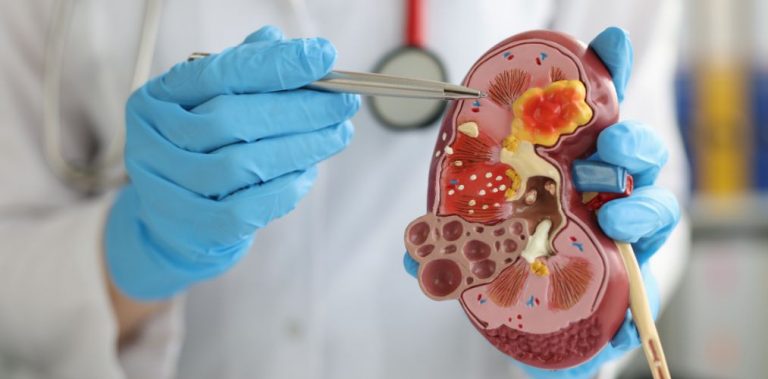Finding a Healthy and Nutritious Diet
Low Carb Diet for Diabetics
A healthy, balanced and nutritious diet is crucial for all of us, but especially for those with diabetes. Carbohydrates contribute substantially to most people’s diets, so they are an essential factor to consider when planning meals.
The Mayo Clinic states that “A diabetes diet is a healthy-eating plan that helps control blood sugar.” While people with diabetes must eat with thoughtful intention, this diet does not have to be overly complicated and it’s an excellent way for all of us to consume our needed energy! Further, this type of diet allows for endless, delicious meal options!
So, if you focus on eating fresh and avoid fast and heavily processed foods, you are already on your way to better health. A low-fat diet will also be beneficial for all of us, not just those with diabetes.
Carbs Are Not Created Equal
Carbohydrates are a necessary component of a healthy diet; we need carbohydrates for energy! However, carbohydrates come in many forms, so it's essential to understand how different carbohydrates behave when consumed and know which carbs are best for our overall health and those with diabetes.
Further, there is an overwhelming amount of information out there about carbs; you are likely familiar with the terms low and high carb and may be aware that some people advocate for a carb-free diet to manage weight. Harvard University explains the various forms carbs can take in our daily food: “Carbohydrates are found in a wide array of both healthy and unhealthy foods — bread, beans, milk, popcorn, potatoes, cookies, spaghetti, soft drinks, corn and cherry pie. They also come in a variety of forms. The most common and abundant forms are sugars, fibers and starches.”
So, choosing what types of carbohydrates and in what quantities are critical for those with diabetes to better manage their blood sugar levels. A healthy, delicious diabetic diet meal plan can and should contain carbohydrates if those carbs are chosen well. However, we cannot wholly abandon consuming carbohydrates; they provide our bodies with the energy required to complete nearly all bodily functions, including thinking, moving and breathing!
Carbohydrates Can Be Simple or Complex
Simple carbs are those foods that contain sugars such as fructose and glucose; think sodas, cookies, candy, fruit juice and many breakfast cereals. Simple carbohydrates are converted to energy very rapidly, so they can cause rapid rises in blood sugar. However, not all simple carbohydrates should be eliminated from your diet; while most simple carbs are sweet, many are also highly nutritious, such as bananas, yogurt and pomegranates.
Complex carbohydrates are found mainly in whole plant foods; think quinoa, barley, potatoes, wild rice and spelt, to name just a few! Complex carbohydrate foods are highly nutritious and often nutrient dense. In addition, this type of carb takes longer to break down, resulting in longer-lasting energy and fewer blood sugar spikes.
Starchy and Non-Starchy Carbs
Both starchy and non-starchy carbs have a solid place in a healthy diet. However, non-starchy carbs should weigh heavily in our daily meals; think of asparagus, broccoli, spinach, kale, carrots and cauliflower! When cooked without fats, you just can't get enough of these super nutritious non-starchy energy foods.
Starchy carbs include potatoes, bread, cereals and pasta. If you want to enjoy starchy carbs, opt for whole-grain bread, cereals and pasta. Potatoes are nutrient-dense, affordable and can be cooked in so many ways; spuds are a sound choice in a healthy diet plan.
Blood Sugar and Diabetes
People with diabetes need to control their blood sugar levels carefully; a spike in blood sugar levels can mean hyperglycemia; symptoms of hyperglycemia include blurred vision, thirst and frequent urination. Conversely, a drop in blood sugars can mean hypoglycemia; symptoms of hypoglycemia include pale skin, tremors, weakness, headache, irritability, sweating and irregular heartbeat.
Carbohydrates that are best for all of us, including diabetics, are those that are not processed or that are minimally processed. So, try to avoid heavily processed foods such as white bread, donuts and white pasta. Conversely, high-fiber foods such as whole grains, fruits, vegetables and beans take much longer to digest, so blood sugars may remain more stable. Another healthy tip is to reduce foods high in fats, salts and sugars.
The Mayo Clinic weighs in on what low carb diet or carb diet means: “A low-carb diet limits carbohydrates, often called carbs — such as those found in grains, starchy vegetables and fruit. A low-carb diet focuses on foods high in protein and fat. Many types of low-carb diets exist. Each diet has varying limits on the type and amount of carbs you can eat.”
A low-carb diet may help lose weight or prevent Type II diabetes. However, eliminating carbs from your diet may mean losing out on many highly nutritious and delicious foods. So, check with your doctor before beginning a low-carb or carb-free diet. Examples of low-carb diets are Keto, Atkins and low-carb Paleo. But, again, check with your healthcare team before making any significant changes to your diet.
If you or someone you love is a person with diabetes, you know that nutrition plays a massive role in managing this incurable disease. However, if deciding which foods are best is overwhelming, consult a registered nutritionist or dietician for guidance. These experts are well-educated in all things food related and will guide you toward your healthiest low-carb diet.

